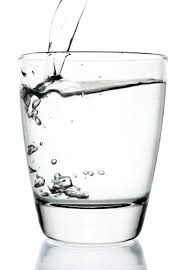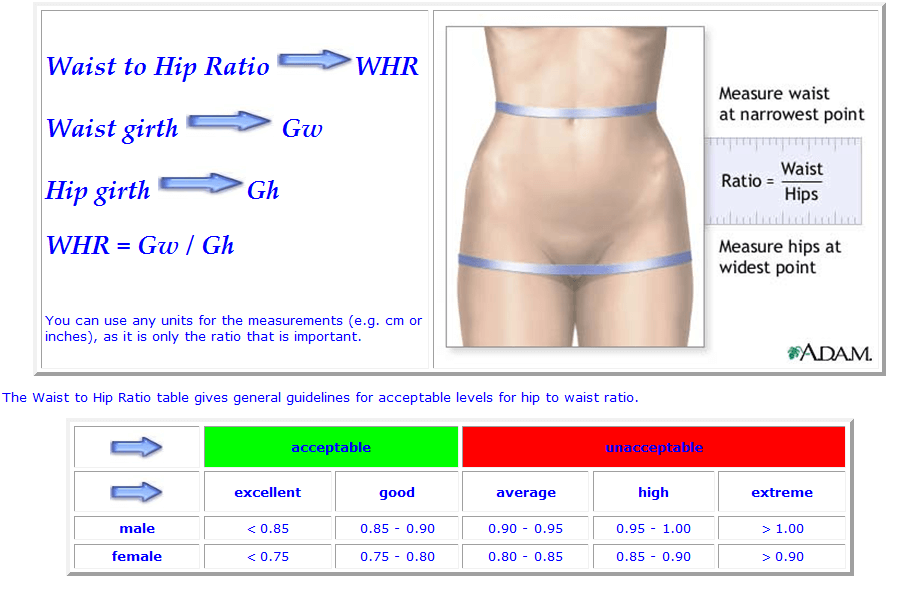|
Tips for Success
|
Your body does a good job of keeping water levels balanced, especially if you regularly maintain an adequate intake of fluids.
The key to staying hydrated is not allowing yourself to get thirsty. Thirst does not signal you to drink until after you’ve already lost 2 cups of fluids!
Your Body Needs Water
The overweight, sick, elderly and very young are at greater risk of illness from dehydration. But no matter what your age or physical condition, when you lack fluids, your blood pressure drops, your heart has difficulty circulating blood through your body, your kidneys have trouble excreting waste, your skin will sag, you will be more apt to suffer from constipation, and your body has difficulty in maintaining proper muscle tone.
Incredible as it may seem, water is quite possibly the single most important catalyst in losing weight and keeping it off. Although most of us take it for granted, water may be the only true “magic potion” for permanent weight loss.
Water and Weight Loss
Water suppresses the appetite naturally and helps the body metabolize stored fat. Studies have shown that a decrease in water intake will cause fat deposits to increase, while an increase in water intake can actually reduce fat deposits.
Here’s why: The kidneys can’t function properly without enough water. When they don’t work to capacity, some of their load is dumped onto the liver. One of the liver’s primary functions is to metabolize stored fat into usable energy for the body. But, if the liver has to do some of the kidney’s work, it can’t operate at full throttle. As a result, it metabolizes less fat, more fat remains stored in the body and weight loss stops.
Drinking enough water is the best treatment for fluid retention. When the body gets less water, it perceives this as a threat to survival and begins to hold onto every drop. Water is stored in extra-cellular spaces (outside the cells). This shows up as swollen feet, legs and hands. Diuretics offer a temporary solution at best. They force out stored water along with some essential nutrients. Again, the body perceives a threat and will replace the loss water at the first opportunity. Thus, the condition quickly returns.
The best way to overcome the problem of water retention is to give your body what it needs – plenty of water. Only then will stored water be released. If you have a constant problem with water retention excess salt may be to blame. Your body will tolerate sodium only in a certain concentration. The more salt you eat, the more water your system retains to dilute it. But getting rid of excess salt is easy – just drink more water. As it’s forced through the kidney, it takes away excess sodium.
Water and Exercise
In an effort to prevent dehydration, some people, particularly those taking part in competitive sports or endurance events like marathons, drink too much water, which can lead to a potentially serious or even fatal condition called hyponatremia.
Hyponatremia occurs when over-consumption of water dilutes levels of sodium in the blood. Symptoms include nausea and vomiting, muscle weakness, headache and disorientation, as well as bloating and puffiness in the face and fingers. For some unknown reason, the condition seems more common among women than men.
Drink about 500 ml two hours before exercise, which allows time for you to excrete any excess fluid. During exercise, start drinking early and at regular intervals – between 150 – 300 ml every 15 to 20 minutes. Water and other beverages should be cooler than air temperature, which makes them more palatable, and may help regulate body temperature.





